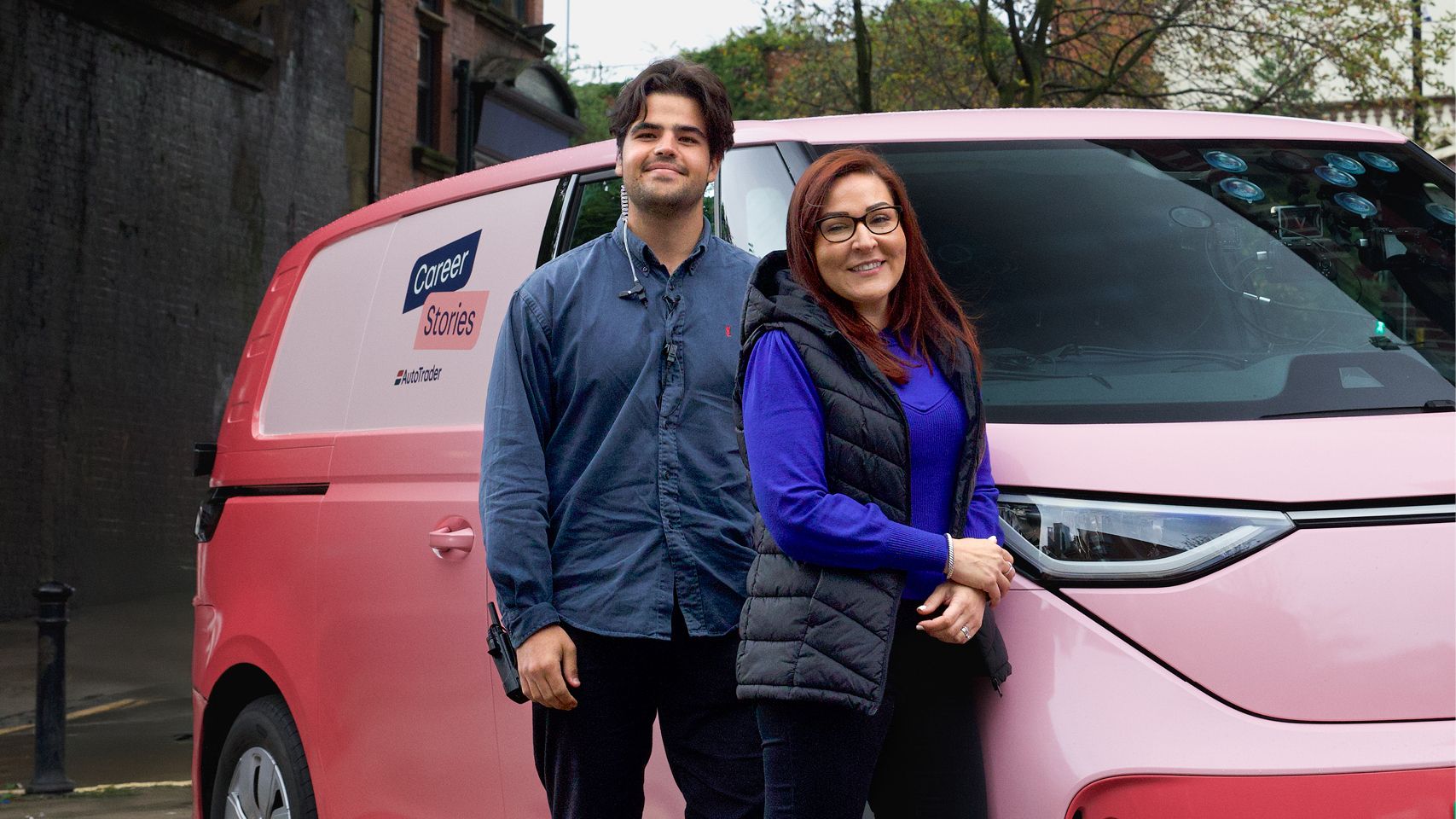Broadcasts in 8K will offer a resolution of 7,680 by 4,320 pixels - roughly the equivalent of a 32 megapixel photo. That is 16 times as sharp as current HD TVs offering about 2MP resolutions.
Japanese broadcaster NHK showed off the technology in London during the Olympics, where audiences said it gave them a sense of being at the events.
The firm has developed three cameras that can captures the higher resolution - which it calls Super Hi-Vision - at 60 frames per second but aims to double that to 120 frames per second. By contrast the BBC currently broadcasts HD TV programmes at 25 fps.
"The experience of viewing and listening to live sports and entertainment coverage is dramatically enhanced by Super Hi-Vision, and Ovum envisages it representing the logical next step in TV transmission technology, following on from regular HD," wrote the consultancies' analyst Jonathan Doran in a report.
"In our view, it is a far more significant development than 3D, which offers a limited range of use-cases."
The UN's International Telecommunication Union (ITU) discussed the standard in May and offered broadcasters the opportunity to file objections. Because no-one did, it sent out letters at the end of last week confirming the format's approval.
Source: BBC News








